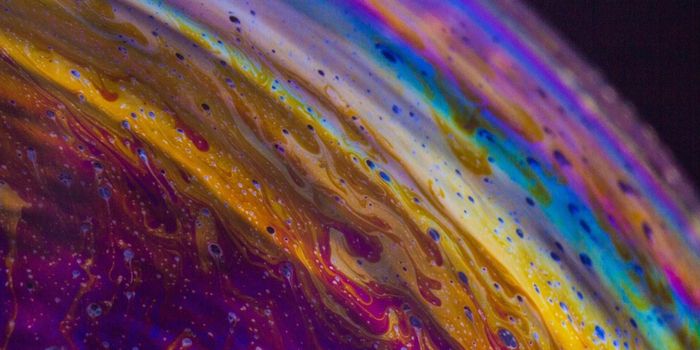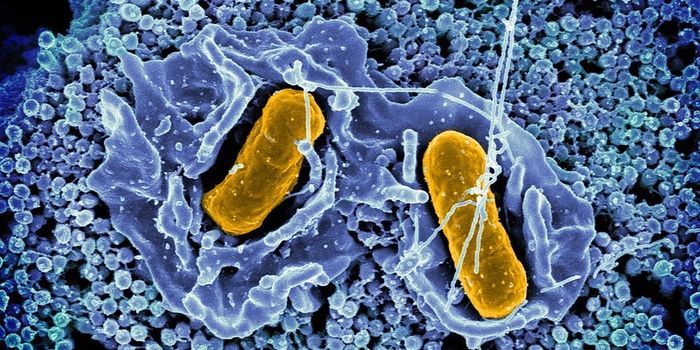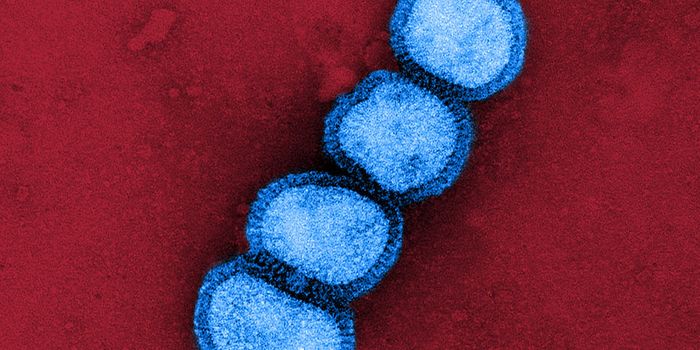Untangling the Links Between Alcohol, Liver Disease & Gut Microbes
Chronic alcohol use is a serious health problem and a major contributor to liver disease and mortality. The gut microbiome is now known to have a significant impact on human health, and can contribute to the risk of a variety of disorders. Alcohol is also known to impact the microbiome. But when people consume alcoholic drinks, most of the alcohol is absorbed in the mouth and stomach, and very little of it reaches the intestines, where the gut microbiome is found. Researchers wanted to take a closer look at how alcohol consumption affects the gut microbiome.
When people consume alcohol, the ethanol gets broken down to acetaldehyde, then it's oxidized to acetate. In a study reported in Nature Communications, scientists have suggested that the gut microbiome is reprogrammed by alcohol because acetate that is released by the liver can return to the intestines. There, the acetate becomes a rich source of carbon that drives microbial growth in the gut.
"You can think of this a bit like dumping fertilizer on a garden," said co-corresponding study author Karsten Zengler, Ph.D., professor at UC San Diego School of Medicine, among other appointments. "The result is an explosion of imbalanced biological growth, benefitting some species but not others."
In this study the researchers used a mouse model that was given a molecule that could break down into three forms of acetate in the animals' guts. The added acetate altered the microbiomes of these animals in ways that are reminiscent of what happens when the mice are given alcohol, but without added liver damage, noted the researchers.
Acetate is known to play a variety of roles in the control of appetite, immunity, and energy expenditure. When present at a moderate level, it's good for overall health, and can improve cardiac function, memory function, and red blood cell production. But at excessively high levels, it's linked to dangerous metabolic changes.
Zengler noted that chronic alcohol consumption has been associated with less expression of antimicrobial molecules in the intestine, and that it's common for people with alcohol-related liver disease to have excessive bacterial growth in their guts. This study has suggested that the metabolism of ethanol by microbes probably is not a major contributor to imbalances in the microbiome, and that acetate-induced microbiome changes are not having a big influence on liver disease.
"The situation is more complicated than previously assumed. It's not as simple as more ethanol equals microbiome changes and thus, microbiome dysbiosis equals more liver disease," added Zengler. "While this finding does not translate to imminent new treatments for alcoholic liver disease, it will help to delineate the effect of acetate on the microbiota and help refining future study designs."
The findings are still significant because now, researchers can begin to identify specific bacteria that are causing harmful effects when alcohol is consumed, instead of looking at things that are side effects of alcohol intake.
Sources: University of California - San Diego, Nature Communications









